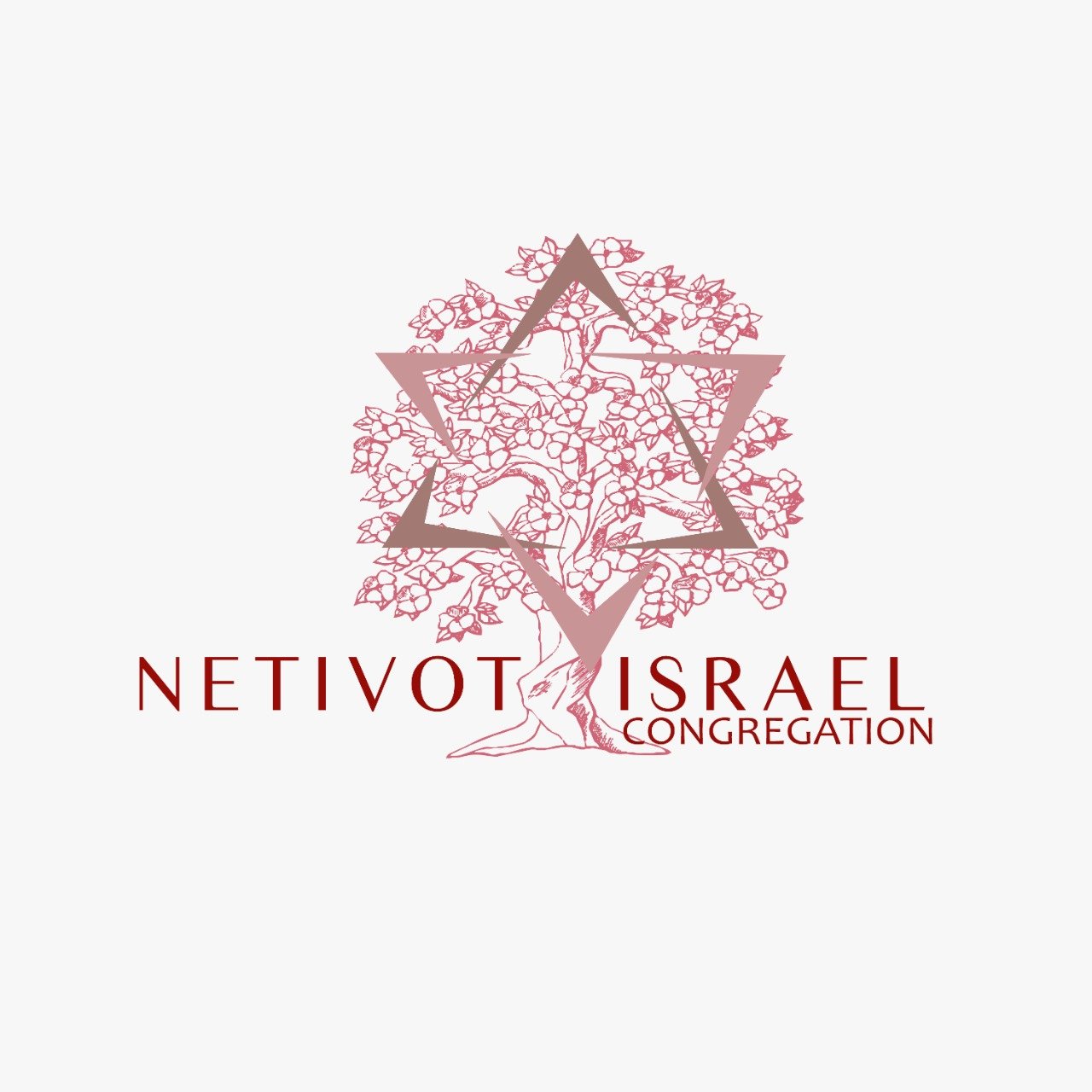Bamidbar
Parashat Bamidbar
Shevet Levi
Parashat Bamidbar describes the national census of B’nai Yisrael. Interestingly, the Leviyim were counted separately from the other shevatim. Why so? Rashi (based on Bamidbar Rabah) explains that it was because they were the “ligyon shel Melech - the legion of the King”.
Rashi also offers a second explanation: “Hashem looked into the future and saw that he was destined to issue a decree against all those counted from twenty years and up that they would die in the desert. He said: ‘Let them not be included - for they are mine - for they did not sin with the egel.’”
Following the census, the Torah describes the duties of the Leviyim, including carrying the Mishkan on its travels, erecting it, camping around it, and guarding it so that others would not enter.
Why were the Leviyim ascribed such importance? Further, how come the other tribes did not take umbrage at the special treatment the Leviyim received?
In fact, originally the firstborn were ascribed special status. However, they were replaced by the Leviyim, as detailed in our parasha. Why so?
Further, the Leviyim were not counted from the age of twenty, like the other Shevatim. They were included in their census from the age of 30 days, which is the age at which one can assume the baby is not a nefel (abortus). Why was this the case?
The Midrash asks an obvious question. If one of the tasks of the Leviyim was to guard the Mishkan how could this be entrusted to a 30-day old?! Why does the Torah already consider them to be a “shomer mishmeret ha’kodesh” at that age?
Mi laHashem Eilai
Ya’akov Avinu also attributed special importance to Levi. In his Bracha to him he said: “He said of his father and mother, ‘I have not seen him’ nor did he acknowledge his brothers, nor knew his own children: for they have observed Your word and kept Your covenant (Devarim 33:9:10).” Rashi explains: “When they sinned at the egel and I said, ‘Whoever is for Hashem, to me”, the tribe of Levi gathered unto me. I commanded them to kill their mother’s father, if he was a Yisrael, or his maternal brother, or his daughter’s son - and so they did.”
In other words, the people of Levi were instructed to execute anybody who had sinned at the egel. They investigated and found that no Levi had sinned! The only relatives they needed to execute were Yisraelim, such as maternal grandfathers, brothers etc. All gathered unto Moshe when he said, “Mi laHashem Eilai!”
I saw stated in a sefer that the infant Leviyim grew up in houses suffused with the atmosphere of Mi laHashem Eilai. Their fathers were willing to execute their own relative for the sake of Hashem - for the sake of “Mishmeret haKodesh - guarding all that is holy”. They knew that this would be their role as well. This is why the Torah instructed that they be counted from the age of thirty days; it was certain that the infant Leviyim growing up in these homes would be paragons of Mishmeret haKodesh.
It is evident from the parasha that Hashem only chose the Leviyim following the chet ha’egel, for it was then that they showed their true colors. From then on it was clear that they were the ones who were fitting to guard the Mikdash.
The chet ha’egel was committed because Am Yisrael did not listen to Moshe’s instructions, to consult with Aharon and Chur if there were any issues when he was away. Instead, the people did as they pleased, believing they could appoint their own intermediary to Hashem. They did not subjugate themselves sufficiently to leadership and to commands from authority. Hashem punished them because He expected them not to make decisions for themselves.
Shevet Levi, by contrast, entirely subjugated themselves to Hashem. This is why they took the place of the firstborn and became responsible for the Mishkan.
Not only Shevet Levi
Famously the Rambam states that all B’nai Torah can assume the status of Shevet Levi today (end of Hilchot Shemita v’Yovel):
Not only Shevet Levi, but any person, from anywhere in the world, whose heart prompts him, and he understands to set himself aside in front of Hashem, to ministers to Him, and serve Him, to know Hashem. He goes justly, as Hashem made him, and removes from his neck the yoke of many machinations that men seek. He is sanctified to be holy of holies, and Hashem will be his portion and inheritance forever more. He will merit, in this world, that which is sufficient for him, as the Kohanim and Leviyim merited.
May Hashem indeed grant us the merit to be part of this glorious Shevet.
Shabbat Shalom!
Rabbi Gad Bouskila

